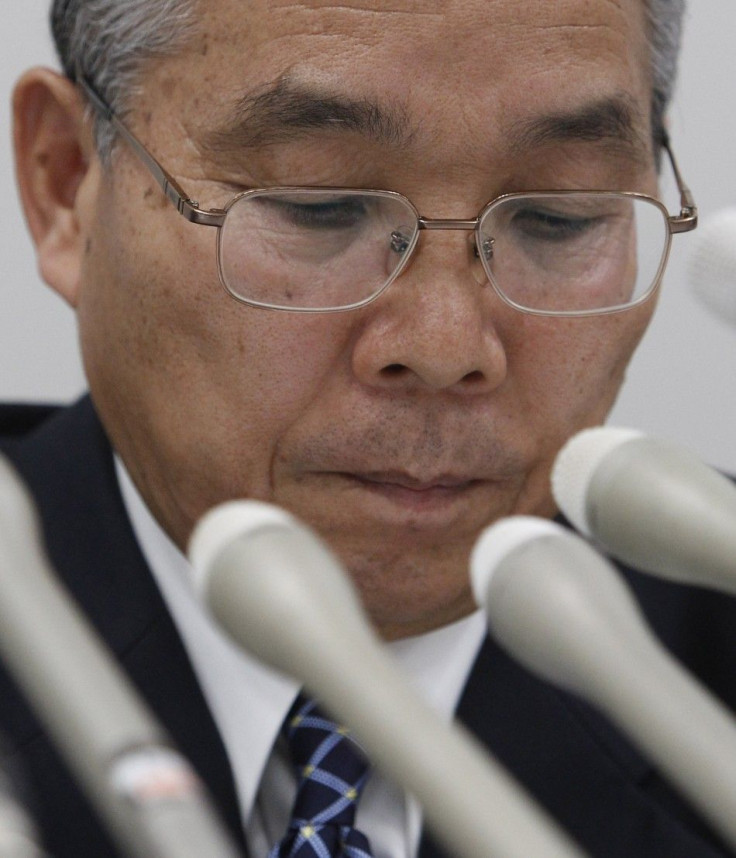Elpida Memory Files For Bankruptcy

Elpida Memory Inc., which makes dynamic random-access memory (DRAM) chips, filed on Monday for bankruptcy protection, the largest ever by a Japanese manufacturer. The filing sent shares of Micron Technology, the only U.S. maker of PC memory chips, up more than eight percent.
DRAM chips is seeking protection from creditors with 448 billion yen ($5.55 billion) in debt, as possible rescues from lenders and overseas equity partnerships never materialized, according to Reuters.
Earlier this month, the company, formed from the merger of divisions of NEC and Hitachi, predicted uncertainty over its prospects, as finances started dwindling. The Tokyo-based company could not reach a deal with the Development Bank of Japan and its main lenders over financing bonds and loans due by April.
The chipmaker's troubles represent an ongoing decline in the once-thriving Japanese electronics industry, as South Korea's Samsung Electronics gobbles up market share by producing specialty chips for phones and tablets, as prices dropped. Elpida's Chief Executive Officer Yukio Sakamoto said last year chip prices had fallen enough to make them as cheap as a rice ball, according to Bloomberg.
The bankruptcy protection will not mean that Elpida will stop producing chips immediately, but Elpida is shrinking and major customers will defect from the company and move to South Korean companies, which means more market share for the latter, said Lee Seung-woo, an analyst at Shinyoung Securities in Seoul, according to Reuters.
Micron, in Boise, Ida., became the sole U.S. manufacturer to remain in the sector after the semiconductor giants includingIntel, Advanced Micro Devices, Motorola and Texas Instruments left the field to Japanese and South Korean rivals. Only IBM, the No. 2 computer services company, still makes DRAMs but they use new technologies for more advanced servers, not PCs.
Elpida's collapse boosts Micron as well as Samsung Electronics of South Korea and Nanya Electronics of Taiwan, which remain active in the sector. Micron's market value is $7.85 billion.
Indeed, there had been speculation before Micron CEO Steve Appleton, 51, was killed in an airplane crash on Feb. 3 that Micron might merge with Elpida or Nanya.
New Micron CEO Mark Durcan, 51, has not commented on the speculation. Durcam, who had been scheduled to retire from Micron this year, has not said if he will remain as permanent CEO.
Other major players in the DRAM sector are Hynix, the No. 2 South Korean maker. Samsung has nearly half of the market, estimates DRAM Exchange, with Micron holding about a 12 percent share, heind Hynix's 23 percent share.
© Copyright IBTimes 2025. All rights reserved.





















